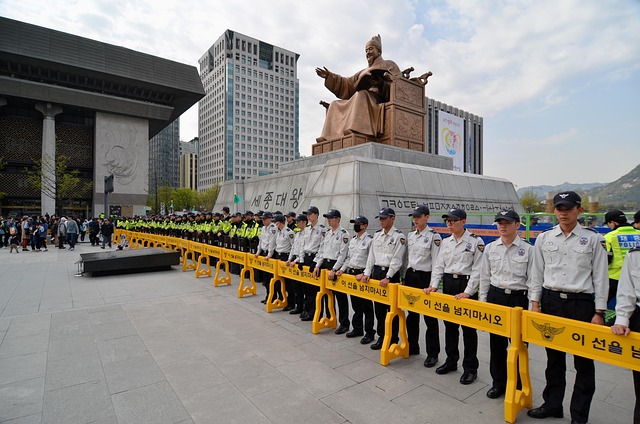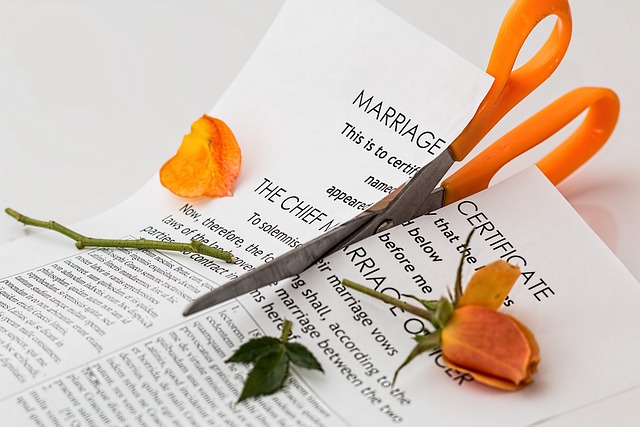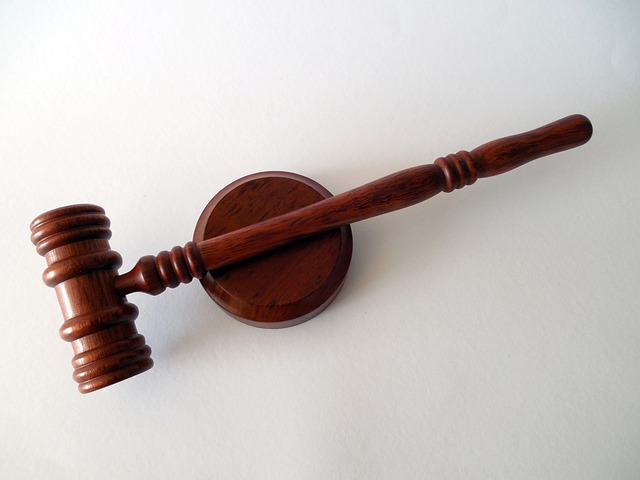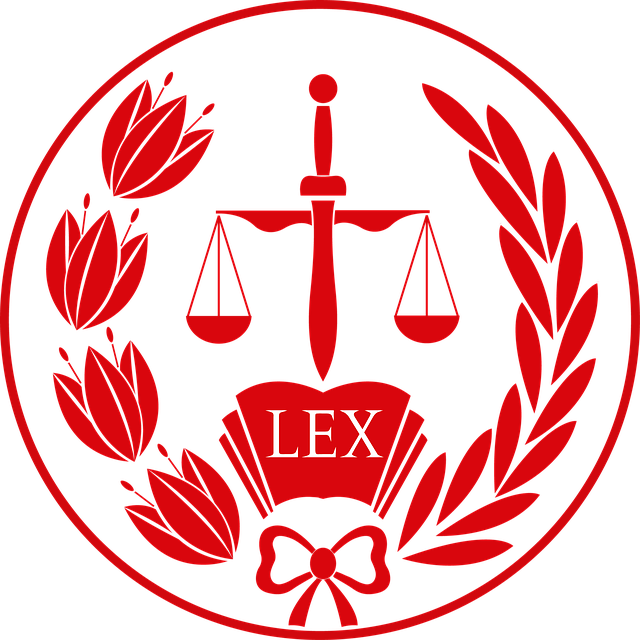Fraudulent financial practices pose significant risks in global markets. The Civil Litigation Process for Patent Infringement offers a robust mechanism for accountability, ensuring fair trials and compensating victims. This system deters illegal replication, upholds market integrity, and rebuilds trust, making it crucial for protecting intellectual property rights and maintaining financial stability. Understanding the process—including filing complaints, discovery, trial, and appeal—and gathering strong evidence is key for victims to achieve justice and prevent future infringements.
Fraudulent financial practices pose a significant threat to individuals, businesses, and the economy at large. This article delves into the intricacies of understanding such practices, focusing on patent infringement cases where civil litigation plays a pivotal role in recovery and justice. By exploring the civil litigation process for patent infringement, we shed light on how legal strategies can navigate complex scenarios, protect intellectual property rights, and deliver redress for victims.
- Understanding Fraudulent Financial Practices
- The Role of Civil Litigation in Patent Infringement Cases
- Navigating the Legal Process for Recovery and Justice
Understanding Fraudulent Financial Practices

Fraudulent financial practices are a growing concern, especially with the increasing complexity of global markets. This includes activities such as accounting fraud, insider trading, and money laundering, which can have severe economic and social repercussions. Understanding these practices is crucial for both businesses and individuals to protect their interests.
The civil litigation process for patent infringement, for instance, has shown an unprecedented track record in holding wrongdoers accountable. Through jury trials, the system ensures a fair and transparent examination of evidence. This robust mechanism not only compensates victims but also serves as a deterrent, leading to complete dismissal of all charges in cases where no wrongdoing is found. Such processes are vital for maintaining the integrity of financial markets and fostering trust among participants.
The Role of Civil Litigation in Patent Infringement Cases

The Civil Litigation Process for Patent Infringement plays a pivotal role in safeguarding intellectual property rights. When an inventor or patent holder believes their creation has been illegally replicated, they can initiate a lawsuit to seek damages and injunctive relief. This legal action involves a series of steps designed to establish liability and assess compensation. The process begins with filing a complaint, outlining the allegations of infringement, followed by service of the documents to the defendant.
Through discovery, both parties exchange information, including technical details and financial records. This phase is crucial for gathering evidence that may be used in subsequent trials or negotiations. In many cases, settlement agreements are reached outside of court, leading to an out-of-court resolution. However, if the case progresses to trial, a judge or jury will decide whether the defendant indeed infringed upon the patent and determine appropriate remedies, including monetary damages and orders to cease infringing activities. Achieving extraordinary results in such cases not only provides financial recompense but also serves as a deterrent for future infringements, fostering innovation within the philanthropic and political communities.
Navigating the Legal Process for Recovery and Justice

Navigating the legal process for recovery and justice in cases of fraudulent financial practices can be a complex and daunting task. Individuals and entities that have been victims of such schemes often face significant challenges in seeking redress. The first step is to understand the applicable laws and regulations, which may vary depending on the nature of the fraud and the jurisdiction. Engaging experienced legal counsel who specialize in civil litigation for patent infringement or other relevant areas can be crucial in this regard, as they can guide victims through the intricate process.
The Civil Litigation Process involves several stages, from filing a complaint to discovery, trial, and appeal. In high-stakes cases involving fraudulent financial practices, avoiding indictment is a primary concern for defendants, who may employ various strategies to defend themselves. However, for victims seeking justice, the focus should be on gathering compelling evidence, building a solid case, and ensuring that the philanthropic and political communities are made aware of the impact of such malfeasance. This not only fosters accountability but also encourages the development of more robust regulatory frameworks to prevent future incidents.
Fraudulent financial practices, like patent infringement, can disrupt businesses and individuals alike. Understanding these practices is the first step towards recovery and justice. The civil litigation process plays a pivotal role in addressing patent infringement cases, providing a platform for victims to seek compensation and deter future misconduct. By navigating this legal process effectively, individuals and entities can not only recover financial losses but also contribute to maintaining integrity within financial systems.






